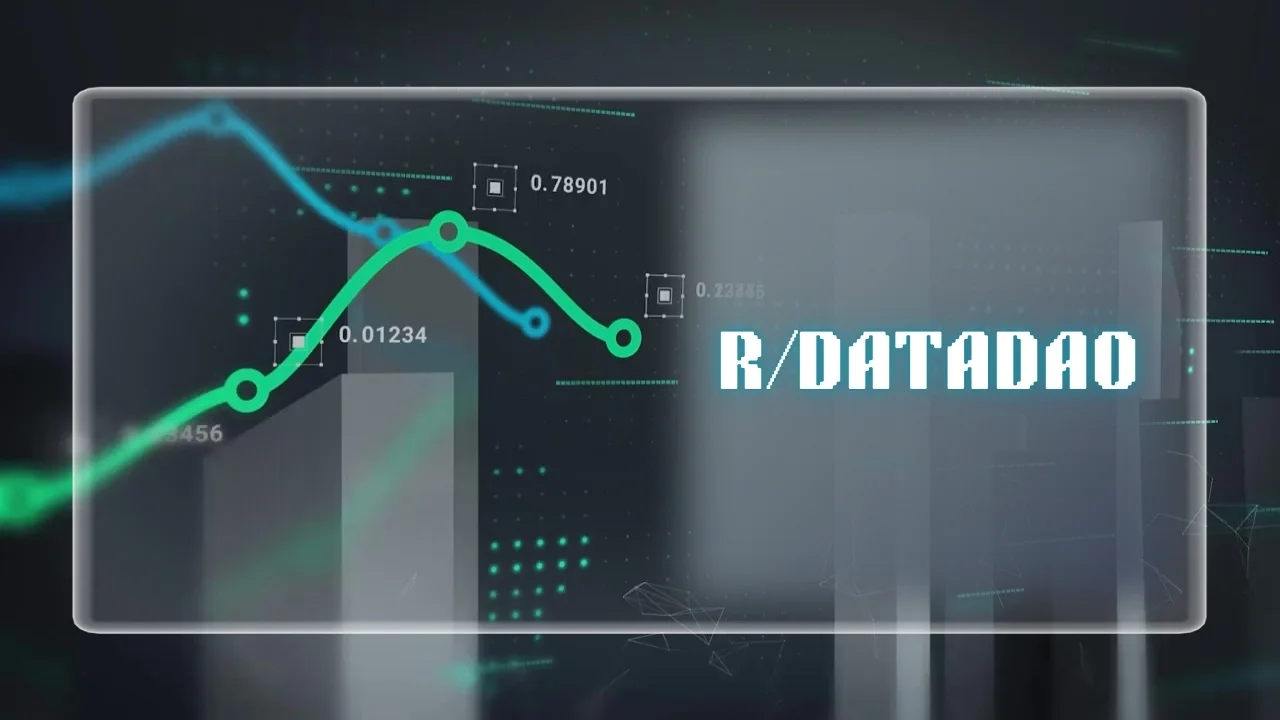rDataDAO is an innovative decentralized data initiative focused on creating a transparent, community-owned ecosystem for data sharing and AI development. As a decentralized autonomous organization (DAO), it leverages blockchain technology to provide individuals with control over their data, https://www.rdatadao.org/home incentives for sharing, and a role in the governance of the ecosystem.
Vision and Mission
The primary goal of rDataDAO is to disrupt the traditional data economy, where corporations control vast amounts of user-generated data with minimal transparency. rDataDAO envisions a future where individuals retain ownership of their data, are rewarded fairly for its use, and participate actively in decision-making processes.
The project aims to build a sustainable platform for data exchange that addresses data privacy concerns and maximizes data’s value through decentralized ownership models. In doing so, it also seeks to support the development of community-owned artificial intelligence (AI) models, paving the way for an inclusive digital economy.
Key Features of rDataDAO
- Decentralized Data Infrastructure
The data architecture of rDataDAO is designed to ensure scalability, security, and efficiency. Data is encrypted using a decentralized key management system to ensure it is accessible only by authorized participants within the DAO. Users retain ownership and can contribute their data in a secure environment on the Vana network, where transactions are recorded transparently through blockchain technology. - Consensus and Incentives
rDataDAO employs a proof-of-contribution consensus mechanism. This system ensures participants are fairly compensated based on the value of their data contributions. Tokens ($RDAT) serve as the primary incentive and can be used within the platform for governance voting, accessing AI models, or participating in other activities. - Community Governance and Participation
Governance within rDataDAO is carried out democratically through a transparent voting process. Token holders have the right to participate in decisions regarding the project’s development and direction. Governance operations are managed on platforms like Snapshot, where proposals are submitted and voted upon by the community. - Application and Economic Layers
The platform is built on the Satori testnet and features an application layer that enables users to contribute data, engage with AI models, and participate in governance activities seamlessly. The economic layer supports token issuance, incentives, and revenue distribution, ensuring fairness and transparency in commercial transactions.
Use Cases and Impact
The rDataDAO model opens the door to a variety of practical applications, including:
- AI Training and Research: Data collected through the platform can be used to develop AI models that reflect the interests and contributions of the community.
- Monetization of Personal Data: Participants can monetize their data contributions and receive compensation in $RDAT tokens.
- On-chain Governance: With democratic voting processes, members ensure the platform’s evolution aligns with community needs.
- Token-Driven Innovation: By issuing tokens, rDataDAO encourages users to contribute high-quality data and participate actively in governance decisions.
Future Roadmap and Challenges
rDataDAO’s roadmap outlines a future in which it aims to scale up community-owned AI initiatives and explore token-based incentive structures. A key ambition is to move toward community-owned artificial general intelligence (AGI) through modular and scalable AI models. However, the project must also navigate regulatory considerations and data privacy laws to ensure legal compliance as it grows.
Conclusion
rDataDAO offers a unique take on the future of the digital economy by empowering individuals to control and benefit from their data. Through blockchain technology, decentralized governance, and token-based incentives, the platform aims to foster trust and transparency while supporting the development of cutting-edge AI solutions. Its commitment to data privacy and community ownership sets it apart as a pioneering project in the field of decentralized data economies.



